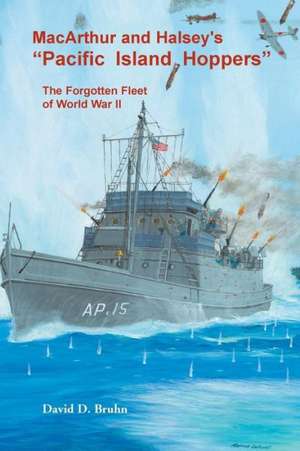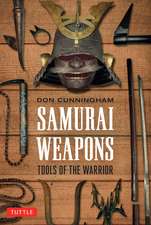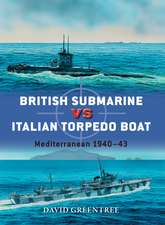MacArthur and Halsey's Pacific Island Hoppers: The Forgotten Fleet of World War II
Autor David Bruhnen Limba Engleză Paperback – 16 sep 2014
Preț: 220.29 lei
Nou
Puncte Express: 330
Preț estimativ în valută:
42.17€ • 45.82$ • 35.44£
42.17€ • 45.82$ • 35.44£
Carte tipărită la comandă
Livrare economică 21 aprilie-05 mai
Preluare comenzi: 021 569.72.76
Specificații
ISBN-13: 9780788455414
ISBN-10: 0788455419
Pagini: 398
Dimensiuni: 152 x 229 x 21 mm
Greutate: 0.53 kg
Editura: HERITAGE BOOKS
ISBN-10: 0788455419
Pagini: 398
Dimensiuni: 152 x 229 x 21 mm
Greutate: 0.53 kg
Editura: HERITAGE BOOKS











